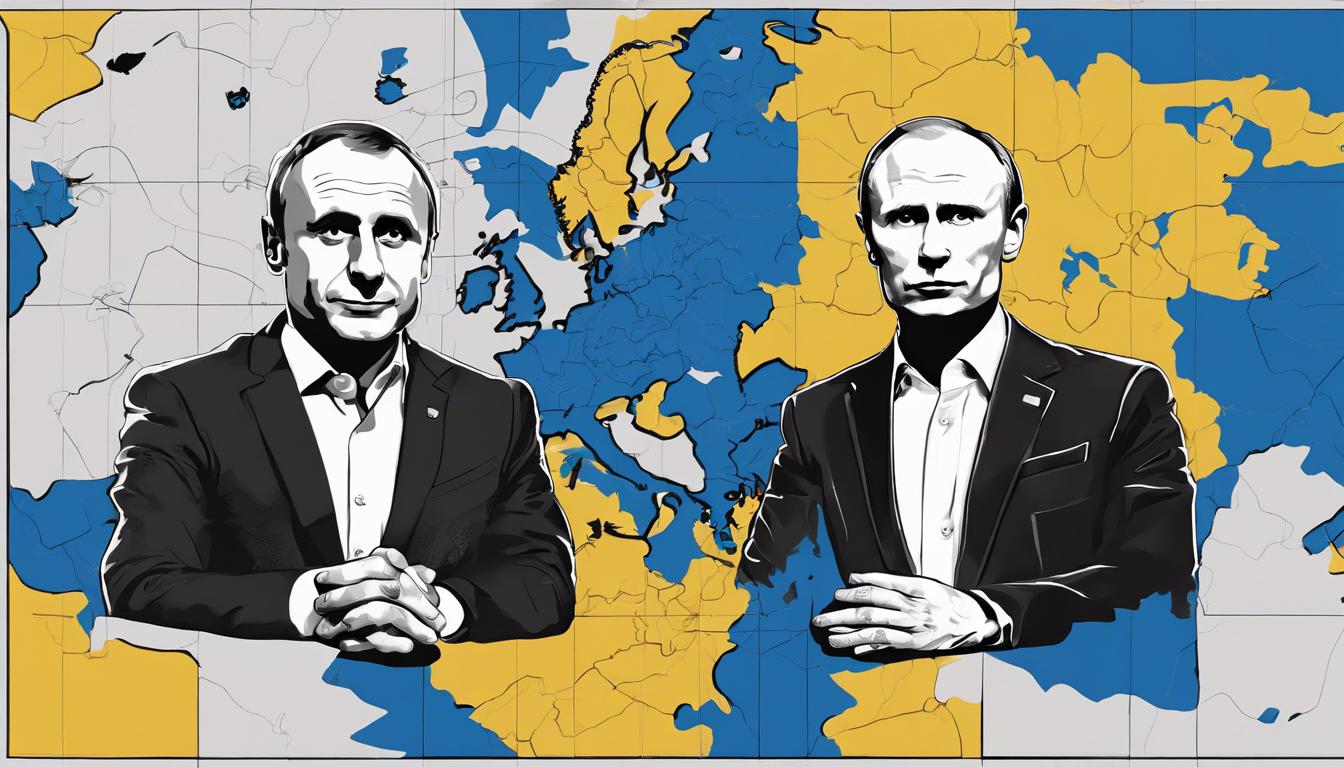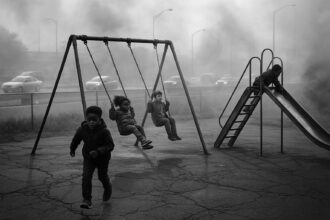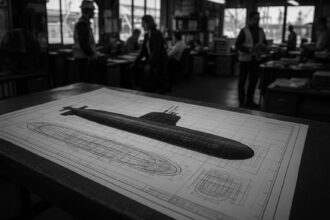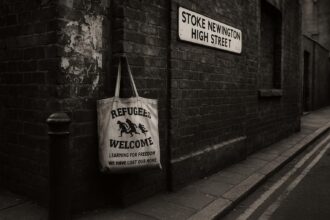French President Emmanuel Macron contemplates deploying NATO troops to Ukraine amidst escalating tensions with Russia, marking a significant shift in his approach to the conflict and Europe’s stance against Putin.
French President Emmanuel Macron has notably shifted his stance on the Russia-Ukraine conflict, now refusing to dismiss the possibility of deploying NATO troops to Ukraine amidst ongoing aggression from Russia. This development accentuates Macron’s evolving role as perhaps Europe’s most vocal opponent against Russian President Vladimir Putin. While Macron has not provided a timeline for potential troop deployment, he emphasizes the importance of demonstrating strength in the face of this conflict to achieve peace. This announcement follows discussions from a summit in February where Macron first raised the prospect of NATO’s involvement in Ukraine. Despite the prospect of escalation warned by Russia, Macron’s approach has garnered mixed reactions within Europe and criticism for France’s comparatively modest military support to Ukraine. NATO Secretary-General Jens Stoltenberg clarified that there are no current plans for combat troop deployments by the alliance to Ukraine.
In a separate development, relations between North Korea and Russia appear to be strengthening, as evidenced by North Korean leader Kim Jong Un’s use of a Russian luxury limousine, a gift from Putin. This act, notable for potentially breaching a UN resolution against supplying North Korea with luxury goods, underscores the deepening ties between the two nations amid escalating tensions with the West. North Korea’s increasing military cooperation with Russia, including alleged conventional weapons support, in exchange for Russian military technologies, reflects a significant geopolitical shift in the region. This reciprocal support comes as Russia and China continue to block efforts led by the United States and its allies to impose additional UN sanctions on North Korea for its continued ballistic missile tests.
Macron’s assertive posture towards the Russia-Ukraine situation marks a significant transformation from his previous conciliatory approach, garnering support from some European countries while stirring apprehension in others like Germany. Macron’s recent public declarations, including the suggestion of NATO troop involvement in Ukraine, have sparked speculation about the motivations behind his new assertive stance, particularly in light of the approaching European elections. Despite providing logical justifications for his shift, Macron faces internal and external challenges in rallying support for his approach. His efforts to counter far-right narratives by adopting a tough stance on Russia have yet to translate into increased domestic support for his party. This situation underscores the ongoing complexities and divergent views within Europe regarding the appropriate response to Russia’s aggression towards Ukraine.













